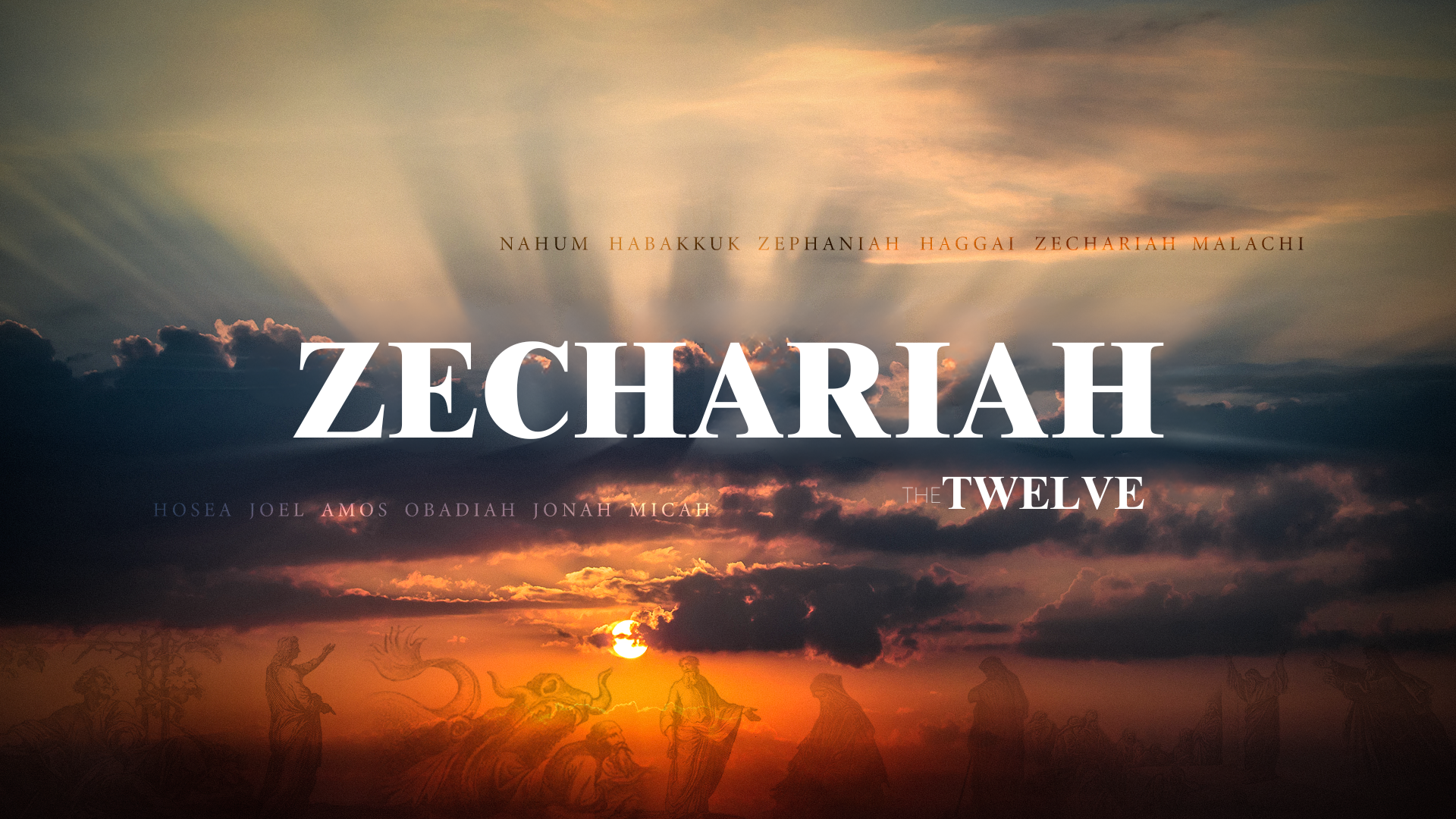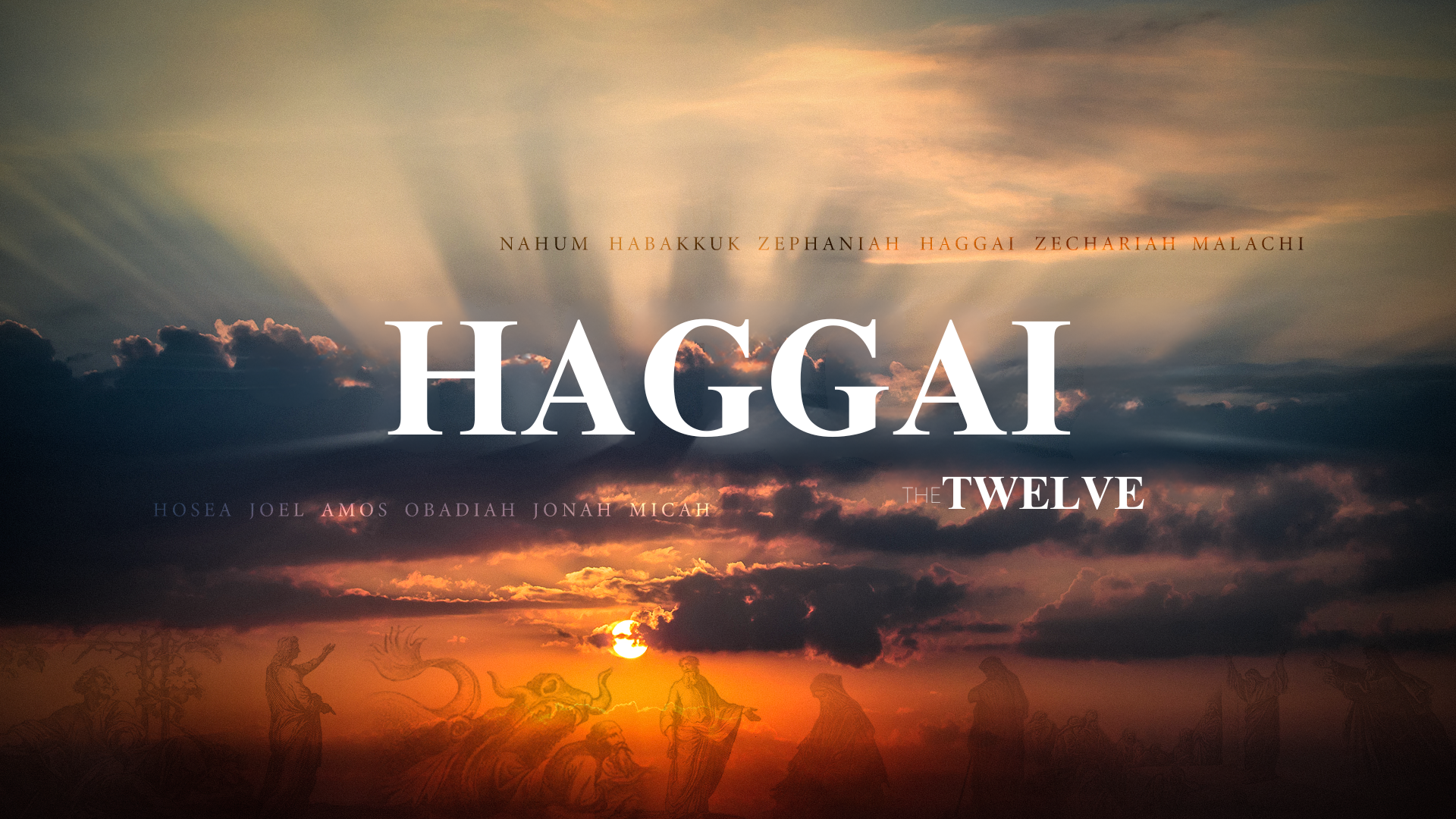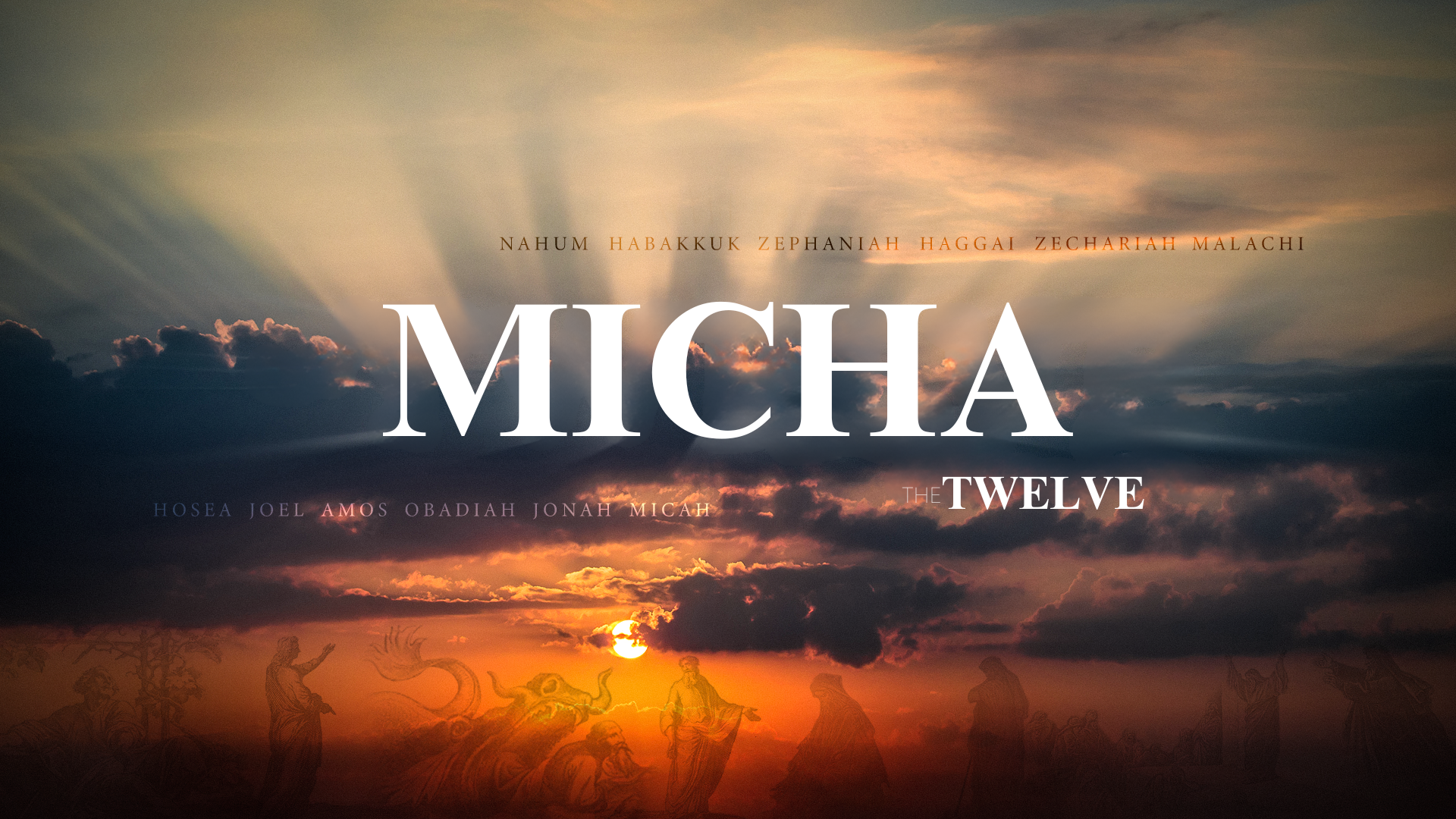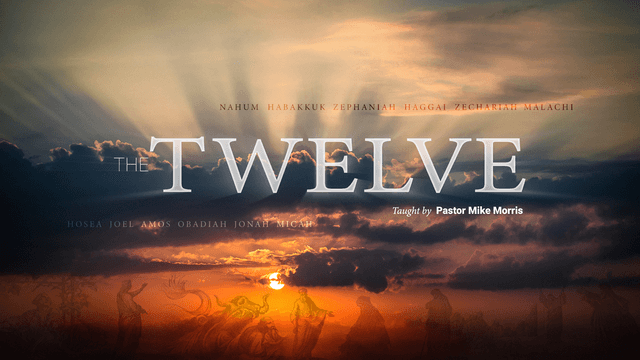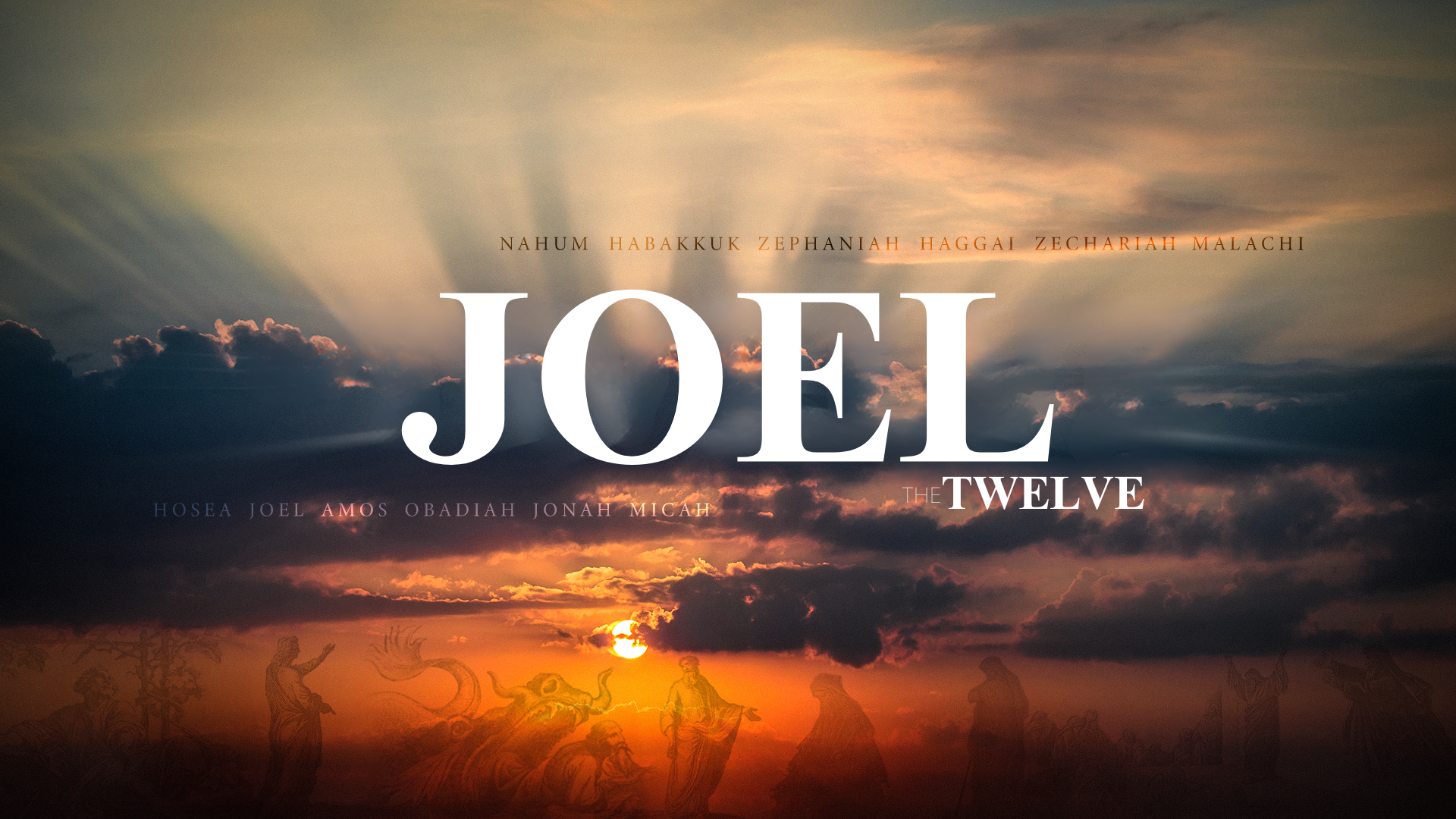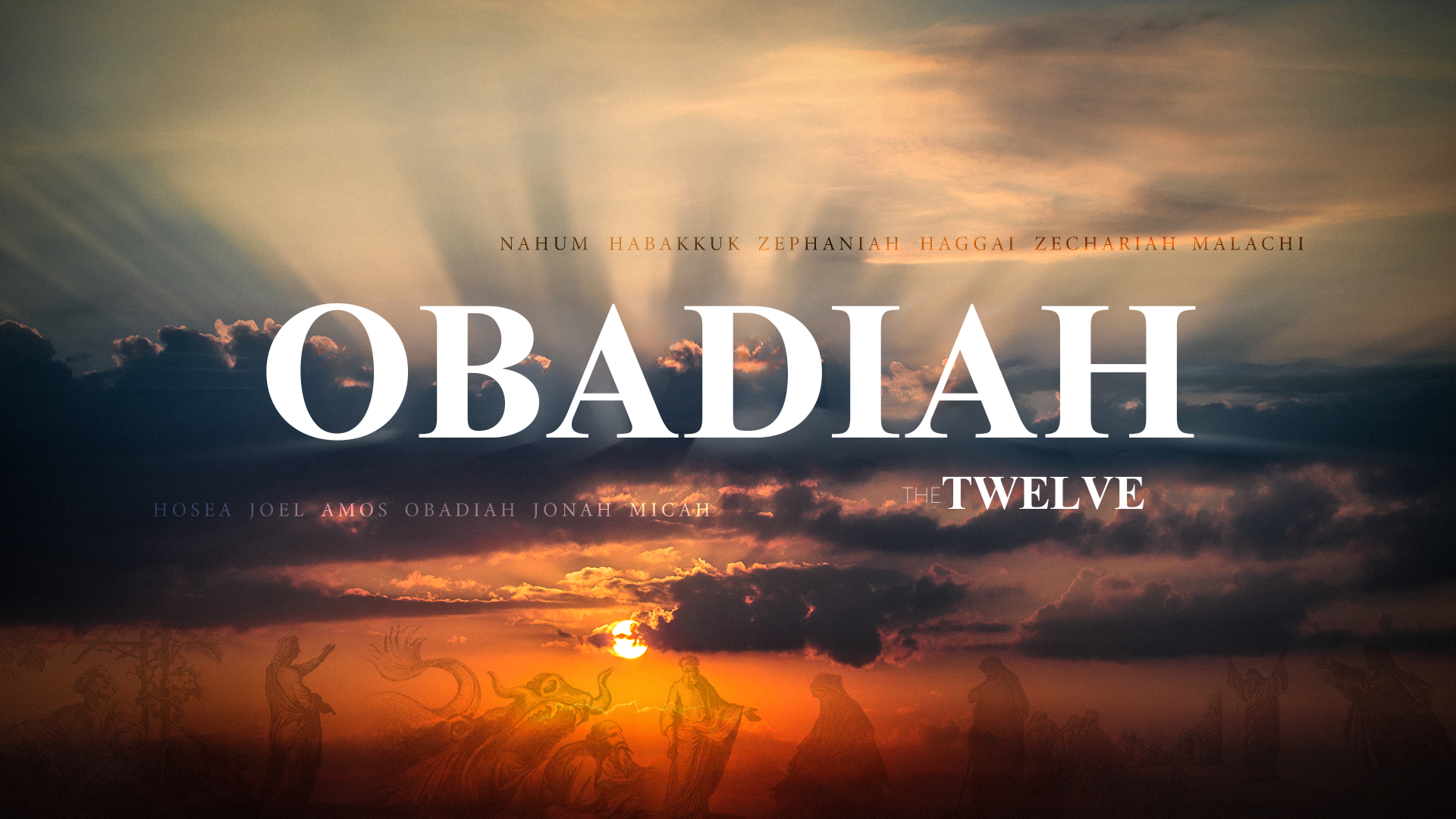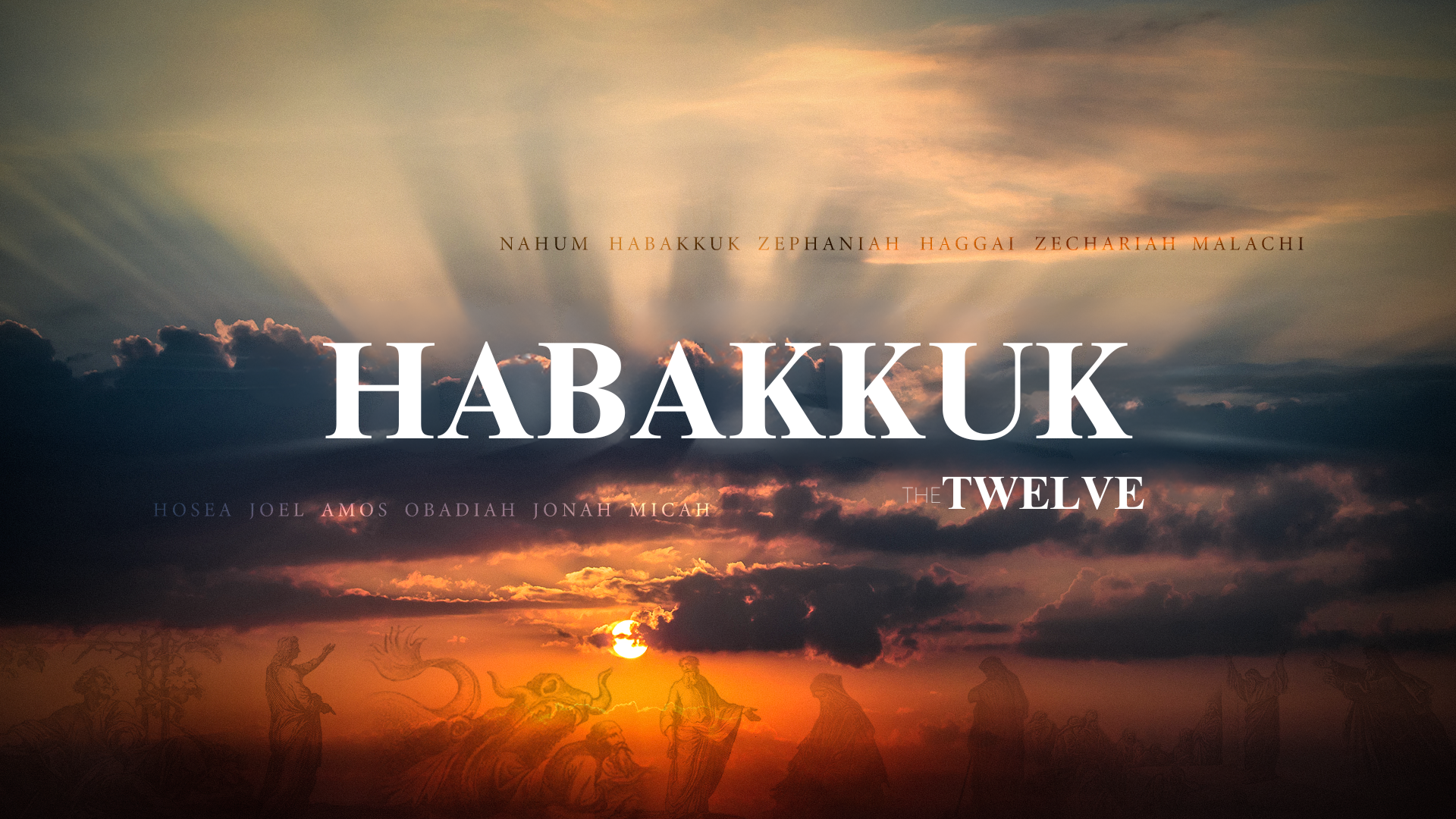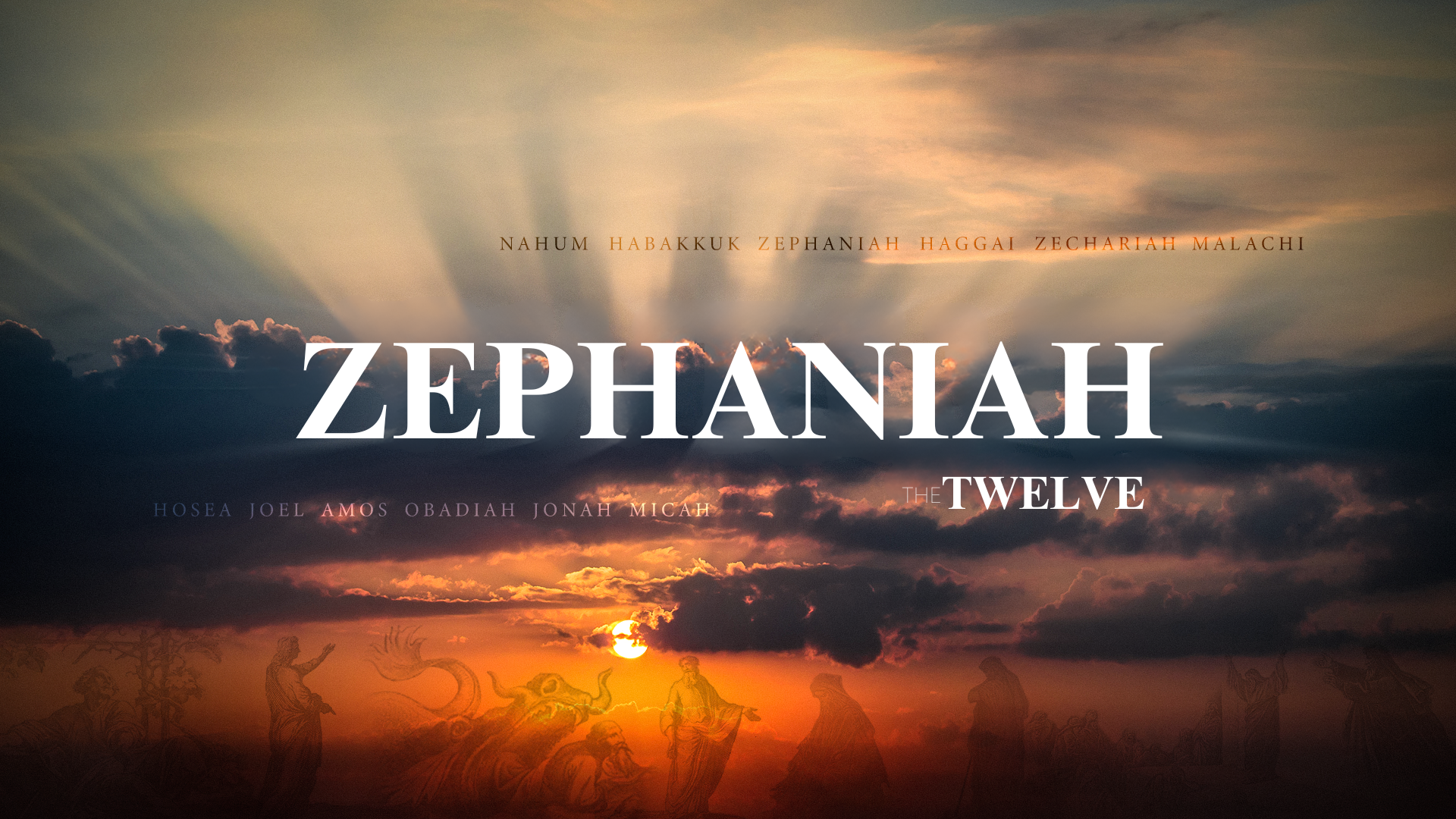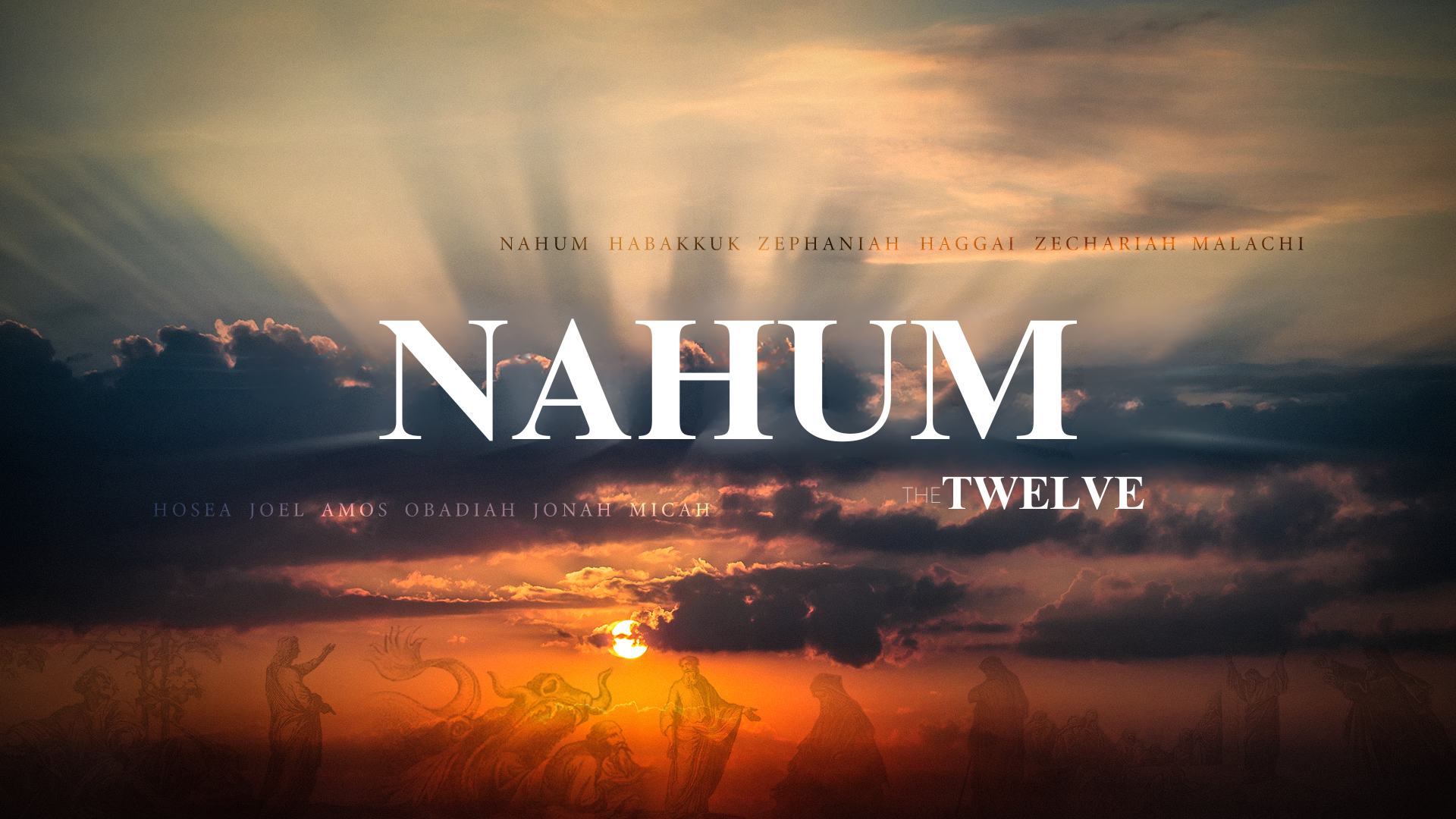MANUSCRIPT
Last week, in chapters 12 and 13, we witnessed the end of the judgment oracles of Hosea...God’s final word on Israel’s sins of idolatry and pride and forgetfulness of their God and His promise to bring judgment on the nation through the Assyrian Empire, compared to a scorching east wind and vicious attacks by wild beasts...this week we will look back at the major lessons of this prophet, then cover a much brighter final chapter, chapter 14
Next week, we’ll begin our study of the final prophet to Israel, Micah...we’ll introduce the book and see how far we can get into the text
Let’s jump in with a sprint through the first thirteen chapters...
Chapters one through three are what we all think of when they think of this book: Hosea, his faithless wife, Gomer, and their three children...Hosea 1.2
2 When the Lord first spoke through Hosea, the Lord said to Hosea, “Go, take to yourself a wife of whoredom and have children of whoredom, for the land commits great whoredom by forsaking the Lord.”
What’s the meaning behind this command to marry a prostitute? It is to illustrate the faithlessness of “the land” -- an all-encompassing term for all of Israel, the land and the people...for the land “commits great whoredom” -- literally, to live like a prostitute, to live in fornication
The Lord brought children to this unlikely union, and to name the children Himself...the first was a son, Jezreel...Hosea 1.4-5
“Call his name Jezreel, for in just a little while I will punish the house of Jehu for the blood of Jezreel, and I will put an end to the kingdom of the house of Israel. 5 And on that day I will break the bow of Israel in the Valley of Jezreel.”
The word “Jezreel” is very close to the Hebrew word for “Israel” -- forming a wordplay in which Jezreel stands for the entire nation...it means “God will scatter” which can represent scattering the chaff of the wheat, or destroying in judgment, but it can also mean scatter in the process of planting, or restoring the nation...here in Hosea, we see the judgment first, the breaking of the bow, but eventually we will see God restore the nation in chapter 14
The second child was a daughter, Lo-Ruhumah...Hosea 1.6
6 She conceived again and bore a daughter. And the Lord said to him, “Call her name No Mercy, for I will no more have mercy on the house of Israel, to forgive them at all.
The third child was also a son...his name was Lo-Ammi...Hosea 1.8-9
8 When she had weaned No Mercy, she conceived and bore a son. 9 And the Lord said, “Call his name Not My People, for you are not my people, and I am not your God.”
Yet God speaks at the end of chapter one, that there will come a day when the discipline under which the Lord has held the whole house of Israel, will be complete...on that day, the work of God to bring a nation to Himself, the work of a loving husband who seeks out and redeems an adulterous wife, will be done...and she will turn away from the false gods to whom she played the prostitute, and she will belong, heart and soul and body, to the Lord God, her Husband of the covenant...
And God completely reverses the meaning of the children’s names... the meaning of “Jezreel” turns from destruction to renewal, from No Mercy to Mercy, from Not My People to You Are My People...and Israel will say once again, as in the days of old, “You are my God”
Let me call your attention to just a few lessons we can learn from this most unusual family...
God loves us enough to discipline us. Proverbs 3.11-12 My son, do not despise the Lord's discipline or be weary of his reproof, 12 for the Lord reproves him whom he loves, as a father the son in whom he delights.
And when He disciplines us, we know it is for our good. For believers Hebrews 12.10b-11 is true: he disciplines us for our good, that we may share his holiness. 11 For the moment all discipline seems painful rather than pleasant, but later it yields the peaceful fruit of righteousness to those who have been trained by it.
In chapters four and five, God returns to His righteous accusations against Israel...Hosea 4.1-2, 4, 6
Hear the word of the Lord, O children of Israel,
for the Lord has a controversy with the inhabitants of the land.
There is no faithfulness or steadfast love,
and no knowledge of God in the land;
2 there is swearing, lying, murder, stealing, and committing adultery;
4 Yet let no one contend,
and let none accuse,
for with you is my contention, O priest.
6 My people are destroyed for lack of knowledge;
because you have rejected knowledge,
I reject you from being a priest to me.
And since you have forgotten the law of your God,
I also will forget your children.
The Lord looks directly to the leaders...the priests and the prophets...they would stumble... they were not aware of their own spiritual condition, blind to the spiritual condition of the nation, and oblivious to the impending judgment from their covenant God...
Leadership was important then...the question is this: how important is leadership now within the family of God? Critically important...the leaders within the church must lead well and faithfully if the church is to thrive as the Lord intends...
Our lesson is clear from this judgment oracle...acknowledge your guilt as you must, earnestly seek the face of our loving Lord, reject the temptations of sin, and live out before the Lord the fruits of faithfulness, steadfast love, and the true knowledge of God...
In chapters six and seven, the people of Israel speak to each other, not to God...Hosea 6.1-3
1“Come, let us return to the Lord;
for he has torn us, that he may heal us;
he has struck us down, and he will bind us up.
2 After two days he will revive us;
on the third day he will raise us up,
that we may live before him.
3 Let us know; let us press on to know the Lord;
his going out is sure as the dawn;
he will come to us as the showers,
as the spring rains that water the earth.”
This is what false repentance sounds like...there is no stating their sins of idolatry, spiritual adultery, robbery and abuse of the poor, of rejecting knowledge of God...yet perversely, they are supremely confident of God’s forgiveness...
In contrast, we looked at Psalm 51, David’s response to God as he has reflected on his sin and now comes before God in repentance and trust, as an example of true repentance...no excuses, no proud presumptions on God’s grace, no expectations of His mercy, no boasting about what God is going to do for you...
Repentance must be a heartfelt rejection of our own sinful behavior and a contrite pleading before the Lord for His forgiveness...Psalm 51.17 says it well...
The sacrifices of God are a broken spirit;
a broken and contrite heart, O God, you will not despise.
This passage offers three truths to learn...
Realize that you are fully known by God...and use that knowledge to seek His face...be like an ever-flowing stream, filled with the living water of Christ, not like the dew that is burned up by pride and arrogance
Remember that God desires steadfast love and true knowledge of Him, not religious rituals...for He sees us as we truly are...for as the Lord said in I Samuel 16, man looks on the outside, but God looks on the heart...what does He see when He looks upon your heart?
Reject the false teaching of shallow repentance and cheap grace...listen to the words of Dietrich Bonhoeffer...
“Cheap grace is the grace we bestow on ourselves...the preaching of forgiveness without requiring repentance, baptism without church discipline, communion without confession. Cheap grace is grace without discipleship...costly grace is the gospel which must be sought again and again, the gift which must be asked for, the door at which a man must knock...it is costly because it costs a man his life, and it is grace because it gives a man the only true life.”
Chapters 8 and 9 led us to consider an important question: what happens when a nation is guilty of prideful sin?
First: they become self-deceived
Second: they are self-willed; both sins driven by pride
The first two lead to the final conclusion: a nation will reap what they have sown
Hosea 8.7... For they sow the wind,
and they shall reap the whirlwind.
We see this principle throughout Scripture, most clearly in Galatians 6.7-8
7 Do not be deceived: God is not mocked, for whatever one sows, that will he also reap. 8 For the one who sows to his own flesh will from the flesh reap corruption, but the one who sows to the Spirit will from the Spirit reap eternal life.
So what can we do?
Seek to be aware of sin...be conscious of and sensitive to the Spirit as he leads you to repentance
When you are aware of sin, turn from it quickly...waiting only allows it to gain a foothold in your heart and mind
If the Lord chooses to discipline you, receive it and seek to learn from it
In chapters 10 and 11, the judgment oracles continue, as God declares that the hearts of those of the northern kingdom are “false” -- smooth, slippery, deceitful...but God also calls again for Israel to return to Him and a renewal of the metaphor of sowing and reaping, this time in a positive way...Hosea 10.12-13
12 Sow for yourselves righteousness;
reap steadfast love;
break up your fallow ground,
for it is the time to seek the Lord,
that he may come and rain righteousness upon you.
13 You have plowed iniquity;
you have reaped injustice;
you have eaten the fruit of lies.
We face some questions in these challenging chapters:
Are our hearts true and honest before the Lord, or would He declare us “false” -- slippery and smooth, deceitful and misleading?
Will we sow righteousness?...seek to understand the word of God, then live it out in our lives and in the lives of others...
Will we break up the fallow ground? The spaces and times that we haven’t broken up and given over to the Holy Spirit...when we do that, what happens to us? We harden, become of little use to Him, pleasing self instead of pleasing God...instead we must look to our own hearts and give the Holy Spirit complete access to all of who we are...
For the people of God today, as for ancient Israel, there is a choice...not of whose we are, but of how we shall live...are we committed to obeying the Lord in all things, honoring Him, and seeking His face, or will we turn inward, to ourselves, away from others and from our God? Will we honor and revere and worship our Father God, or will we deny Him? That’s our choice to make...
Hosea 12 and 13 is the finale of the judgment oracles, and God teaches us about the rebellious hearts of the Israelites as He compares the life of their ancestor and namesake, Jacob, with the nation in Hosea’s day nearing destruction and exile...the leaders and the people were guilty of living like Jacob the deceiver instead of Jacob the patriarch
The irony is that at Bethel, where God affirmed Jacob’s new name of Israel and his status as the father of nations (Genesis 35.11) and the blessing of the land (Genesis 35.12) and where Jacob/Israel saw a stairway to heaven, and where he set up a stone pillar of remembrance -- the nation that bore his name, the tribal land of ten of his twelve sons, would be judged for forgetting their God...and through their forgetfulness, they had fallen into rank idolatry, abusing their fellow Israelites, and rejecting the word of God
We must learn from the mistakes of ancient Israel...and as Hosea speaks of Israel, hear the wisdom of Paul in I Corinthians 10.11...
11 Now these things happened to them as an example, but they were written down for our instruction, on whom the end of the ages has come.
Ancient Israel can teach us these truths:
Stay humble -- Israel’s greatest sin was pride and arrogance...it’s ours, too
Stay true -- live from God’s goodness to you, not from your flesh nature
Stay fearful -- our God is an awesome God, regard Him in reverence
And one more: never forget God’s goodness to you.
That brings us to the final chapter...let’s pick up the text in verse 1...Hosea 14.1-2
Return, O Israel, to the Lord your God,
for you have stumbled because of your iniquity.
2 Take with you words
and return to the Lord;
Verse 1 in other translations begins with “repent” -- that’s the actual meaning of it...”you have made a mistake; you have erred in your iniquity” -- return to the Lord
Verse 2 is an interesting word choice...the sense of the Heb ‘qal’ ‘la-‘kah’ rendered “take” is actually “to bring” -- to take something or somebody with oneself somewhere...the meaning of the two is actually similar...”I’m going to take my Bible to church” is the same thought as “I’m going to bring my Bible to church” -- “word” is ‘da-bar’ ‘da-vau’ -- a word or a statement...
“Take with you words” could best be understood as “bring a statement”
In my study what came to mind when I read this in English and then went back into the Hebrew words was the story of the Prodigal Son...this is what he did when he was in the far country feeding pigs, and slowly starving to death...Luke 15.17-19
17 “But when he came to himself, he said, ‘How many of my father's hired servants have more than enough bread, but I perish here with hunger! 18 I will arise and go to my father, and I will say to him, “Father, I have sinned against heaven and before you. 19 I am no longer worthy to be called your son. Treat me as one of your hired servants.”’
Here’s the point of why I’m digging into this phrase this way: Israel is being counseled by God to do what we later see in the Prodigal Son...he realized his sin afar off, and decided on the words he would bring to his father as he returned home in repentance...Israel needed to “bring a word” to God to turn from their sin...you see the example...so also do we need to bring a word to God in repentance...come before your heavenly Father and tell him in your own words where you have fallen short, and ask Him to forgive and restore you...
What shall Israel say to the covenant God?
2 say to him,
“Take away all iniquity;
The forgiveness Israel pleads for here is precisely what was denied in 1:6 and can be offered now only because judgment is complete. Hubbard reminds us “forgiveness deprived of justice would be a travesty of divine righteousness. As 1 John 1:9 puts it, ‘he is faithful and just and will forgive our sins’. The cross is the ground of forgiveness because it is also the seat of judgment.”
The day would come when Israel’s judgment will be complete and then forgiveness will come...their return will result in restoration and renewal...
accept what is good,
and we will pay with bulls (some translations may say ‘fruit’)
the vows of our lips.
3 Assyria shall not save us;
we will not ride on horses;
and we will say no more, ‘Our God,’
to the work of our hands.
In you the orphan finds mercy.”
Now that’s good counsel from Hosea...this would be a very appropriate confession and repentance for the nation of Israel to make to God...let’s look at it more carefully...
“Take away all iniquity” -- “Take away” means to “carry” or “lift up” as in to remove...
“Accept what is good” -- “Receive”
“And we will pay with bulls the vows of our lips” -- offer sacrifices as we promise
“Assyria shall not save us; we will not ride on horses...” -- finally they understand that foreign powers cannot replace Yahweh God...
“We will say no more ‘Our God’ to the work of our hands.” -- a true confession of the sin of their idolatry and making of false gods
“In you the orphan finds mercy.” -- perhaps here Hosea was thinking of his third child, Lo-Ammi, whose name meant “you are not My people”...yet God’s promise was that yes, eventually Israel would again be the people of God, no longer an orphan, but only through a judgment of suffering and exile
Now God responds...
4 I will heal their apostasy;
I will love them freely,
for my anger has turned from them.
5 I will be like the dew to Israel;
he shall blossom like the lily;
he shall take root like the trees of Lebanon;
6 his shoots shall spread out;
his beauty shall be like the olive,
and his fragrance like Lebanon.
7 They shall return and dwell beneath my shadow;
they shall flourish like the grain;
they shall blossom like the vine;
their fame shall be like the wine of Lebanon.
What a beautiful promise from the Lord...when Israel repents, He is ready and waiting to forgive...similar to the promise of God given to Solomon in II Chronicles 7.12-14
12 Then the Lord appeared to Solomon in the night and said to him: “I have heard your prayer and have chosen this place for myself as a house of sacrifice. 13 When I shut up the heavens so that there is no rain, or command the locust to devour the land, or send pestilence among my people, 14 if my people who are called by my name humble themselves, and pray and seek my face and turn from their wicked ways, then I will hear from heaven and will forgive their sin and heal their land.
I think the order in which the Lord speaks these promises is very significant...the first is that He would heal their apostasy...no longer will Israel wander away, no longer would she stray as unfaithful wife from her husband...He uses the word “heal” as if her sin were a mortal wound...consistent with the prophet’s characterization of God’s judgment as being like wounds or an illness (Hosea 5.12-14) which Assyria cannot heal; Yahweh God is the only answer for this
He gives to them His love as He turns His anger away...with language that is strongly reminiscent of the Song of Solomon, the nation will blossom like a fertile garden, like an abundant, productive orchard or grove of olive trees or vineyard...why and how will they be so radically transformed? Because they have returned to their God, and they dwell in His shadow...they have again become the sheep of His pasture, and He their Good Shepherd...this isn’t only about provision for their needs or the restoration of their agricultural provisions...it is a poetic way of expressing God’s action when He says, “I will love them freely...”
This blessing-promise is the culmination of all that the Lord has longed to do for them, but the people would not repent, return, and renew their faith in Him...I think the whole of Scripture proves this point: that while God is righteous and a fierce Judge, when He must be, His heart is always toward His people, and His desire is to pour out upon them His love and grace and mercy, not His wrath...we saw His truest heart in chapter 11...Hosea 11.8-9
I led them with cords of kindness,
with the bands of love,
How can I give you up, O Ephraim?
How can I hand you over, O Israel?
My heart recoils within me;
my compassion grows warm and tender.
9 I will not execute my burning anger;
I will not again destroy Ephraim;
for I am God and not a man,
the Holy One in your midst,
and I will not come in wrath.
If we will return to Him, we will find Him waiting as the father of the Prodigal, desiring to show His goodness and love to a wayward child...
Now in verse 8, the Lord makes the point once more that He is their one and only God...
8 O Ephraim, what have I to do with idols?
It is I who answer and look after you.
I am like an evergreen cypress;
from me comes your fruit.
‘I am’ is all we need...II Peter 1.3 tells us this...
His divine power has granted to us all things that pertain to life and godliness, through the knowledge of him who called us to his own glory and excellence
Idols are false, only He is the true God...and this is truly the question upon which the totality of the book turns...what is the source of the nation’s life and livelihood? Baal? Or Yahweh? Israel credited Baal with her blessings and good fortune (Hosea 2.5b) but they didn’t know it actually was divine provision from Yahweh (Hosea 2.8)...the judgment they experienced can be traced back to this problem...
Now Hosea speaks again as the book comes to an end...
9 Whoever is wise, let him understand these things;
whoever is discerning, let him know them;
for the ways of the Lord are right,
and the upright walk in them,
but transgressors stumble in them.
Sounds very much like the book of Proverbs...God appeals to His people to be wise and return to Him...those who follow the ways of the Lord will walk...all others will stumble...similar to Hosea 5.5b...another of the either/or choices portrayed in scripture...good way v. evil way, broad way v. narrow gate; house built on the rock v. house built on the sand
Appearing as it does at the very end of the book, it stands as a challenge to the reader...will we be wise? Will we be discerning? Will we walk in the ways of the Lord, or will we stumble as the transgressors?
And thus the book ends -- with a challenge to be wise and discerning...and to walk uprightly and not stumble...to seek the Lord first...repent of our sin...and to rejoice in His redeeming love

Taught by Mike Morris
Associate Pastor of Verse By Verse Fellowship
The Twelve Series
